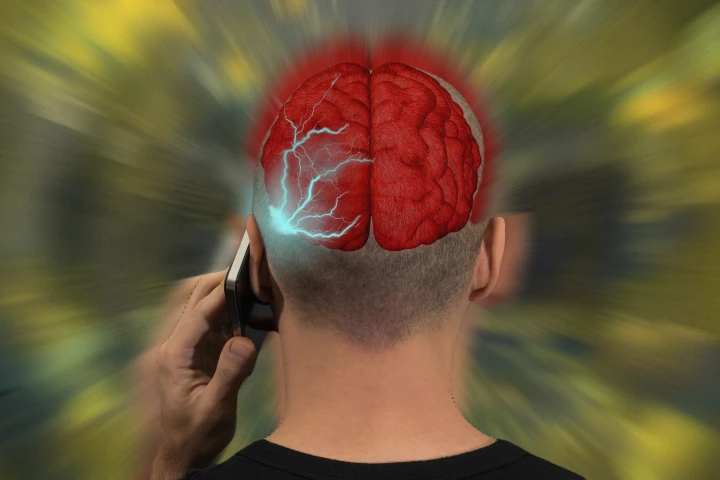Radiation
-
This week a study set off alarm bells, estimating that the overuse of computed tomography – or CT – examinations could result in five per cent of new cancers disagnoses annually. Since 2007, the use of the imaging technology has risen 30% in the US.
-
Astrophysicists have done a bit of crime scene investigation. They’ve traced radioactive elements on the seafloor back to the cosmic explosions they might have come from – and potentially linked the event to evolutionary changes in viruses in Africa.
-
Hydrogel is something that most of us are familiar with from it being used in contact lenses, burn dressings, and hair gel. In future, it might also be used to shield astronauts from the hazard of deadly cosmic radiation on long space voyages.
-
Astrophysicists have detected the most energetic electrons ever recorded raining down on Earth. With trillions of times the energy of visible light, these cosmic rays seem to be coming from a powerful source relatively close to our solar system.
-
Thor and the Hulk may be more closely related than we thought. Thunderstorms are known to produce gamma rays in the atmosphere, but a new study has found that not only do they happen way more often than we realized, but they’re much weirder.
-
The relationship between mobile phone use and an increased risk of brain cancer is a debate that's been around almost as long as mobile phones themselves. A huge study from the WHO that's just been released should put the question to rest.
-
Studying a species of microscopic worms exposed to high radiation from the 1986 Chernobyl disaster, researchers couldn’t find signs of genetic damage caused by the exposure. The findings are set to forge a path towards a better understanding of cancer.
-
Researchers have found that deep space travel can cause long-lasting erectile dysfunction. With crewed space missions planned for the near future, the findings highlight the importance of considering astronauts’ sexual health.
-
Our Sun is capable of terrifying outbursts – and now scientists have discovered evidence of its biggest tantrum on record. Tree rings dating back 14,000 years contain a radiocarbon spike twice as powerful as the previous biggest known solar storm.
-
Solar wind – charged particles from the Sun – pervades our solar system, but the exact mechanism behind it remains murky. Now ESA’s Solar Orbiter spacecraft has observed previously unknown tiny flares on the Sun’s surface spewing plasma into space.
-
Scientists have discovered that the Sun produces higher energy light than was thought possible. An unusual type of telescope detected gamma rays with energies of over 1 tera electron volt, at least five times more energetic than previously known.
-
In a scary first, scientists have discovered a 2021 solar eruption so large that it was, for the first time, detected simultaneously on Earth, the Moon, and Mars, highlighting the radiation dangers posed by such events to deep space travelers.
Load More











